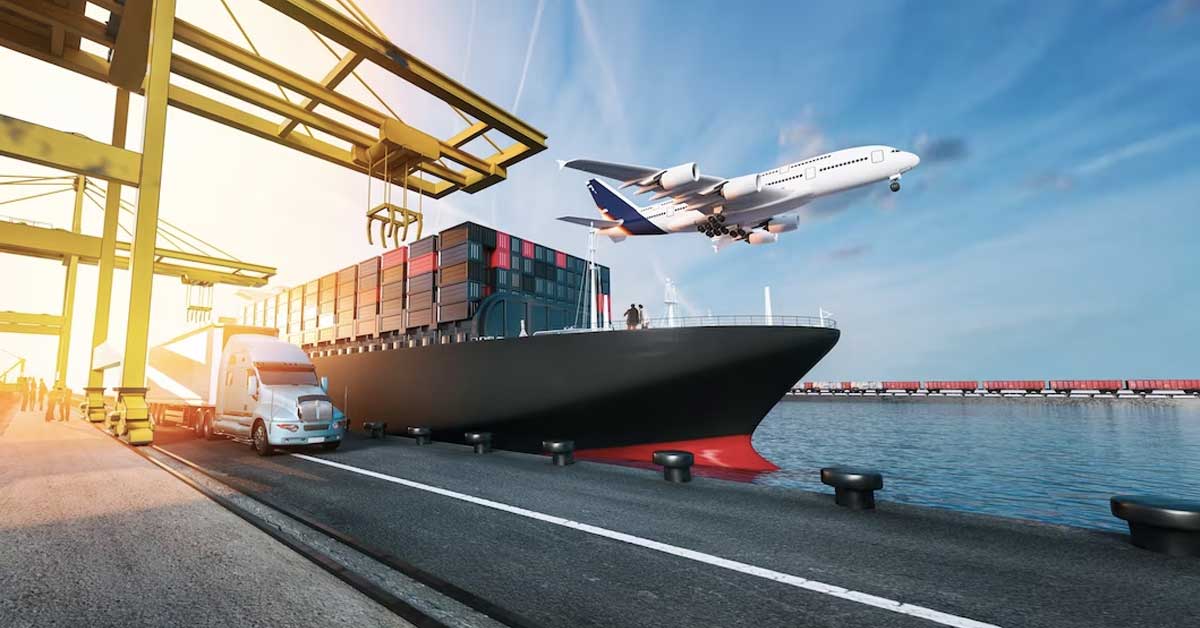International trade is a complex network of transactions, regulations, and logistics that require precise execution. One of the key players ensuring seamless global commerce is the freight forwarder. These professionals act as intermediaries between shippers and transportation services, ensuring that goods move efficiently across borders while complying with international trade regulations. This article explores the critical role of freight forwarder services in international trade compliance and how they contribute to a smooth and legally compliant supply chain.
Understanding Freight Forwarder Services
A freight forwarder is a company or an individual that organizes shipments for businesses and individuals to transport goods from one place to another. Unlike carriers, which physically move the cargo, freight forwarders service coordinate various logistics elements, including:
- Selecting transportation modes (air, ocean, road, or rail)
- Booking cargo space with shipping companies
- Managing documentation and customs requirements
- Providing cargo insurance and risk management
- Ensuring compliance with trade regulations
These services help businesses navigate the complexities of international trade while reducing delays and ensuring cost-effectiveness.
The Importance of Compliance in International Trade
International trade compliance refers to adhering to the rules and regulations set by governments and international bodies to regulate the movement of goods. This includes:
- Customs regulations and tariffs
- Export and import restrictions
- Trade agreements and embargoes
- Product safety and labeling requirements
- Environmental and security regulations
Failure to comply with these regulations can result in severe penalties, shipment delays, or even confiscation of goods. Therefore, freight forwarders play an essential role in ensuring businesses meet these requirements.
How Freight Forwarders Ensure Trade Compliance
1. Expertise in Global Trade Regulations
Freight forwarders possess in-depth knowledge of trade laws and regulatory frameworks across different countries. They stay updated with changes in trade policies, ensuring that shipments comply with current regulations.
For example, exporting medical equipment to certain countries may require special permits. A freight forwarder ensures that all necessary documents are in place before shipping, preventing costly delays.
2. Customs Clearance and Documentation
One of the most crucial aspects of trade compliance is customs clearance. Every international shipment requires documentation such as:
- Commercial invoices
- Bills of lading
- Certificates of origin
- Import/export licenses
Freight forwarders manage these documents, ensuring they are correctly filled and submitted on time. Their expertise minimizes the risk of errors that could lead to customs holds or fines.
3. Managing Duties and Tariffs
Import duties and tariffs vary by country and product type. Freight forwarders help businesses calculate and pay the correct duties, ensuring compliance with tax regulations. They also provide guidance on free trade agreements (FTAs) that may reduce or eliminate certain tariffs, helping businesses save money while remaining compliant.
4. Risk Management and Security Compliance
International trade involves risks such as cargo theft, damage, or non-compliance with security regulations. Freight forwarders implement risk management strategies, including:
- Cargo insurance to cover financial losses in case of damage or theft
- Secure packaging to prevent tampering during transit
- Adherence to security programs like the Customs-Trade Partnership Against Terrorism (C-TPAT)
These measures help businesses mitigate risks and ensure compliance with international security standards.
5. Efficient Routing and Transportation Compliance
Different countries impose restrictions on the types of transportation used for certain goods. For instance, hazardous materials require specialized handling and routing. Freight forwarders ensure that shipments follow approved transport routes and comply with safety regulations.
Additionally, they assist businesses in selecting the most efficient and cost-effective transportation mode, whether it’s air freight, road transport, or sea shipping Singapore, depending on the destination.
6. Trade Embargoes and Sanctions Compliance
Certain countries impose trade restrictions on specific regions or products. Freight forwarders conduct due diligence to ensure that shipments do not violate trade embargoes or sanctions. They screen business transactions and shipping routes to prevent legal complications.
For example, a company exporting electronic components must ensure that its goods are not shipped to restricted entities. Freight forwarders help businesses verify their trade partners and comply with international trade laws.
The Growing Importance of Freight Forwarders in Global Trade
With globalization and the increasing complexity of trade regulations, freight forwarders have become more important than ever. They help businesses expand into new markets by providing expert guidance on trade compliance and logistics.
Additionally, advancements in digital freight forwarding are revolutionizing the industry. Online tracking, automated documentation, and AI-driven compliance checks are making international trade more efficient and transparent. Companies leveraging these technologies through freight forwarders gain a competitive advantage in the global market.
Conclusion
Freight forwarders play a vital role in international trade compliance by ensuring smooth customs clearance, managing trade regulations, mitigating risks, and optimizing shipping routes. Their expertise helps businesses avoid costly penalties and delays, allowing for efficient global trade operations.
For companies engaged in international trade, partnering with a reliable freight forwarder is essential to navigating the complexities of global commerce while ensuring compliance with all regulations. By leveraging their expertise, businesses can expand confidently into new markets while maintaining a seamless and legally compliant supply chain.








